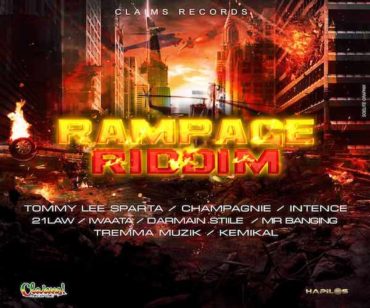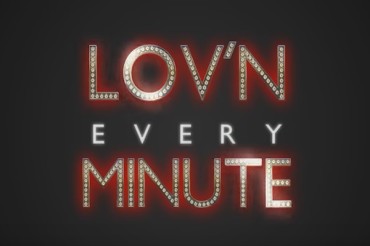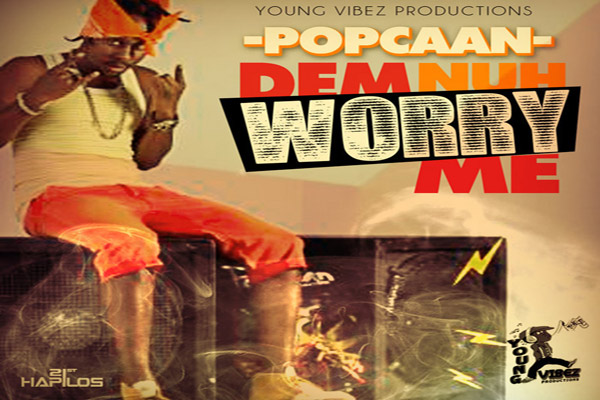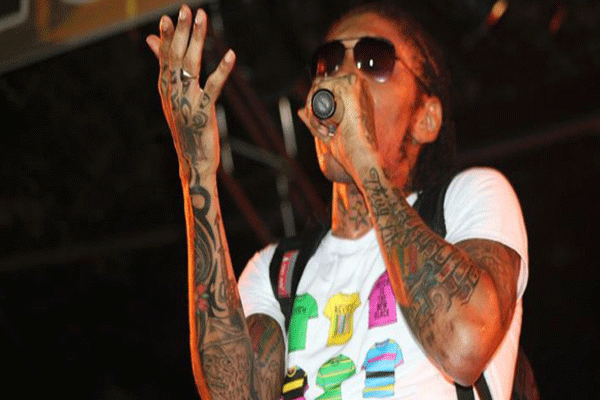
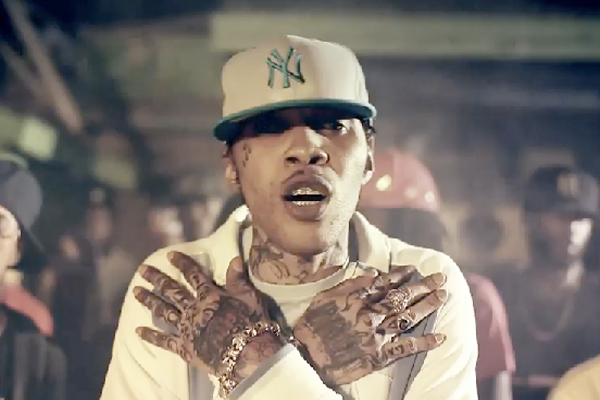
Thousands of people from all over the world have been holding their breath and logging in to the UK Privy Council live stream today March 14th 2024, breaking the UK Supreme Court servers several times, for Vybz Kartel and co-accused final ruling.
At the end it was not the ruling everybody was aspecting, but it also did not go so bad and different scenarios are before our eyes in the next months regarding Vybz Kartel’s and co-accused long run for freedom.
The UK Privy Council quashed Vybz Kartel and co-accused murder conviction and remanded to the Jamaican courts once again the fate of the men.
This means after being convicted of murder, dancehall artist Vybz Kartel and his co-defendants have won their appeal against the conviction and sentence, overturning the grounds of the previous ruling due to jury misconduct.
This is what the Judicial Committee of the UK Privy Council ruled on Thursday in a highly anticipated judgement!
Now the bitter part is this, washing their hands basically the UK Supreme Court remitted the case back to the Jamaican Court of Appeal to decide on whether there’ll be a retrial in the matter.
Kartel, real name Adidja Azim Palmer, was convicted on March 13, 2014 together with dancehall artist Shawn Campbell Storm, Kahira Jones and Andre St John of the murder of Clive ‘Lizard’ Williams.
The Jamaican Court of Appeal dismissed their appeal against the convictions, and the case has been in the hands of the Privy Council, represented by Lord Reed, Lord Lloyd-Jones, Lord Briggs, Lord Burrows and Lady Simler which all heard their appeal during a two-day hearing in the UK this past February 13th and 14th, that has been streamed live here.
Today, the Judicial Committee of the UK Privy Council “unanimously” concluded that the decision by the trial judge in the Vybz Kartel murder case to allow the tainted juror to remain on the jury was “fatal” to the safety of the entertainer’s murder conviction.
“Following the allegations of bribery, he (Justice Campbell) had either to continue with the 11 remaining jurors, or to discharge the jury. Despite this, the board considers that the approach taken by the judge was a material irregularity in the course of the trial, which makes it necessary to quash the convictions,” he stated.

Lloyd-Jones then stated the three reasons on which the convictions were quashed.
1. The direction to the jury on the final day was inadequate to save the situation. The judge simply reminded the jury that they had sworn, or affirmed that they would return verdicts in accordance with the evidence they had heard in court.The judge did not refer to the alleged bribery of which, if the allegations were true, the jurors were already aware.
2. The trial continued with the allegedly corrupt juror serving as one of its 11 members. In the board’s view, there should have been no question of allowing juror X (the tainted juror) to continue to serve on the jury. Allowing juror X to remain on the jury is fatal to the safety of the conviction which followed. It was an infringement of the appellant’s fundamental right to a fair hearing under the Jamaican Constitution.
3. The judge should have considered whether the remaining jurors might have become conscious or unconsciously prejudiced for or against one or more of the appellants, as a result of juror X’s behaviour. For example, there was a danger that the attempted bribe could have made the other jurors overcompensate, consciously or unconsciously, if they assumed that the offer must have come from one of the appellants, and that, therefore, must be guilty. The judge took no account of this risk.
Lloyd-Jones said the UK Privy Council was “very mindful” of the serious consequences which may flow from having to discharge a jury shortly before the end of a long and complex criminal trial.

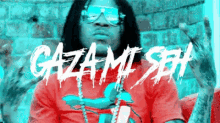
“It is also very conscious of the danger of deliberate attempts to derail criminal trials by engineering situations, which is necessary to discharge the jury,” he added.
In view of its conclusions on jury misconduct, Lloyd-Jones said “the board holds that it was not necessary to express a concluded view on the other two grounds of appeal.”
Those grounds were the validity of the telephone evidence that was used to convict the men, and whether it breached their constitutional rights; and whether the trial judge was wrong to invite the jury to reach a verdict late in the day, given the special circumstances of the case.
On the matter of retrial, the Privy Council said Section 14(2) of the Judicature (Appellate Jurisdiction) Act permits a retrial where a conviction is quashed if that is in the the interest of justice.
“The board proposes to follow in this case its usual practice of remitting to the local courts the question whether a retrial should be ordered,” wrote the court in its judgement released shortly after the oral judgment was delivered.
In 2020, after the Jamaican Appeal court deny Kartel’s and co-accused appeal, they reduced the time Kartel and his co-accused’s would serve before parole consideration.
Kartel was then eligible for parole consideration after serving 32-and-a-half years of his life sentence instead of the previous 35 years.
While Shawn Campbell, Kahira Jones and Andre’ St John were all initially sentenced to life imprisonment, with a recommendation that they be eligible for parole after 25 years, they all had their pre-parole consideration period slashed to 22-and-a-half years of their sentence.
However, as of Thursday, those sentences and parole periods are no more, and the men’s fate are again in the hands of the Jamaican courts.

#free world boss swimsuit #gaza nation
Vybz Kartel at this point could easily obtain bail, over all given the precarious health conditions of the embattled Jamaican deejay.
But let’s dig deeper in the meaning of today ruling since immediately after the ruling many were left scratching their heads and many different theories starting circulating with many believing Vybz Kartel and co-accused are now free men, but the deejay is currently still held in jail and this ruling opened up more questions than answers, honestly.
If you look up the word quash in the english dictionary the translation is to “reject or void, especially by legal procedure”. (The most unknown and searched word on the internet in the last day) Example :“his conviction was quashed on appeal”.
So that means the murder conviction reached by the previous judgment has been quashed. Now it’s all remanded back to Jamaica and the Jamaican court that has two possible roads ahead : free the men or give the men bail or keep the men in jail and proceed with a re trial in Jamaica, once again. Which opens many questions:
-
Vybz Kartel and co-defendant lawyers asked for a fair trial in UK since Kartel and co-accused could not have a fair trial in Jamaica.
-
The judge is probably retired now so a new panel will be formed.
-
Evidence are old and tampered with how can they be considered believable after more than 12 years went by
-
A re-trial would mean a lot of public money spent for it as well as a lot of money spent again from the artist and co-accused in lawyers expenses and fees
-
a re-trial in Jamaica is what the lawyers did not want for their clients,


